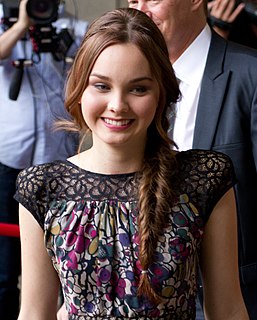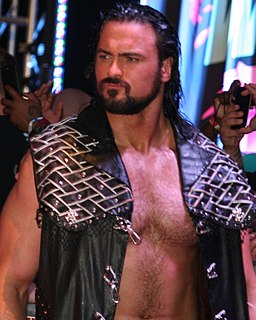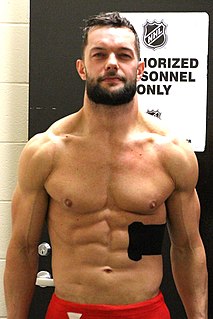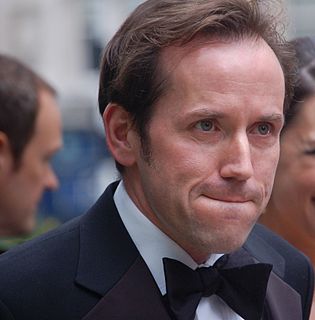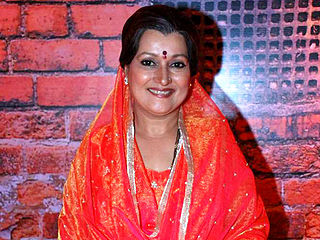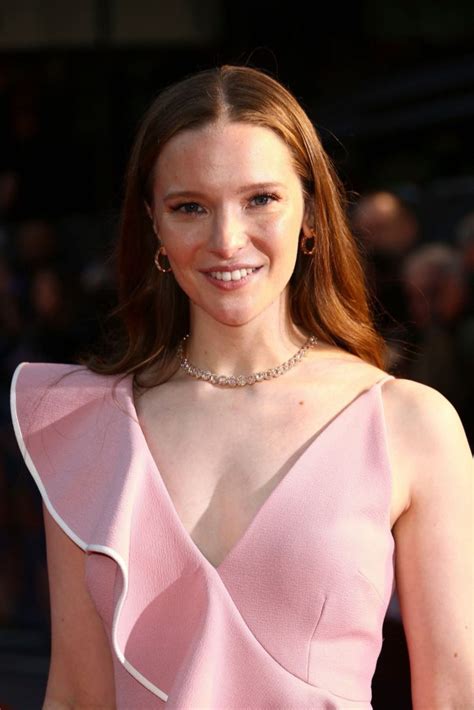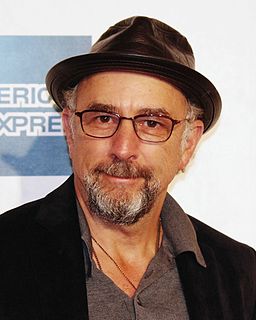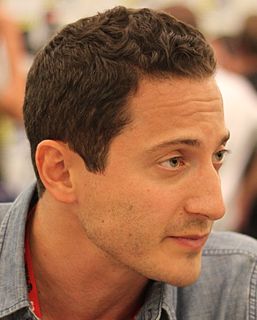A Quote by Rohini Hattangadi
Some things can be hidden on TV with the help of cameras but in theatre, you are seen live by the audience, so you can't get out of your character.
Related Quotes
I always want the audience to identify with my character in some way. I mean, sometimes you'll get characters that aren't very identifiable. Sometimes you can't relate to your character at all. I think it's important to keep the audience interested. But the best advice that I've gotten is to live in the moment.
I've always loved theatre because it's so immediate. The challenge of it is that, career wise, it's easier to get traction in the industry if you do film and TV because the audience is larger, and because the work can be seen for a longer period of time. I did solid work in a series of regional and Off-Broadway shows, but the work I did on TV or film will have a longer life with a larger audience (and with services like Netflix). Ultimately, there's something intimate about TV, because the storytelling and the actors come home with the viewer. It can be powerful because of that.
The big difference I think between tv and stage is definitely the immediate buzz that you get. And that's not just as an actor, as an audience member you're getting the chance to have this kind of two-way process where the actors and the audience are experiencing the same thing. With tv you often have to wait months and months down the line to actually get the pay-off. Whereas with theatre it's a very immediate thing.
In film, the camera can get an array of shots so the audience can see the emotion the character is giving off. Using close-ups on the character's face really helps get the message across. On stage, you can't do that. But the stage has that live feeling that you can't get anywhere else because the audience is right there.
Sometimes you can do certain things on stage, or even in a TV series, and people see the look on your face and they know what you mean, so you can get away with certain things. But if you can't create that look on an animated character, which is essentially a puppet, the line will hit the audience in a very bad way.
Playing a TV character for seven years is almost like when you do a play. You live, breathe, and everything else with that character 24-7 for six months or four months or whatever, and that gets very deep in your blood. When you do a TV character for seven years, that's a long time. It becomes a seminal era in your life.
I went to theatre school for four years and just wanted to do theatre. I had no ambition to be on TV or to be on camera. I just wanted to go to New York or London and be on stage... I did a lot of theatre in Montreal, got involved in TV in Toronto and then moved to L.A. I hope that film and TV will take me back to theatre.

